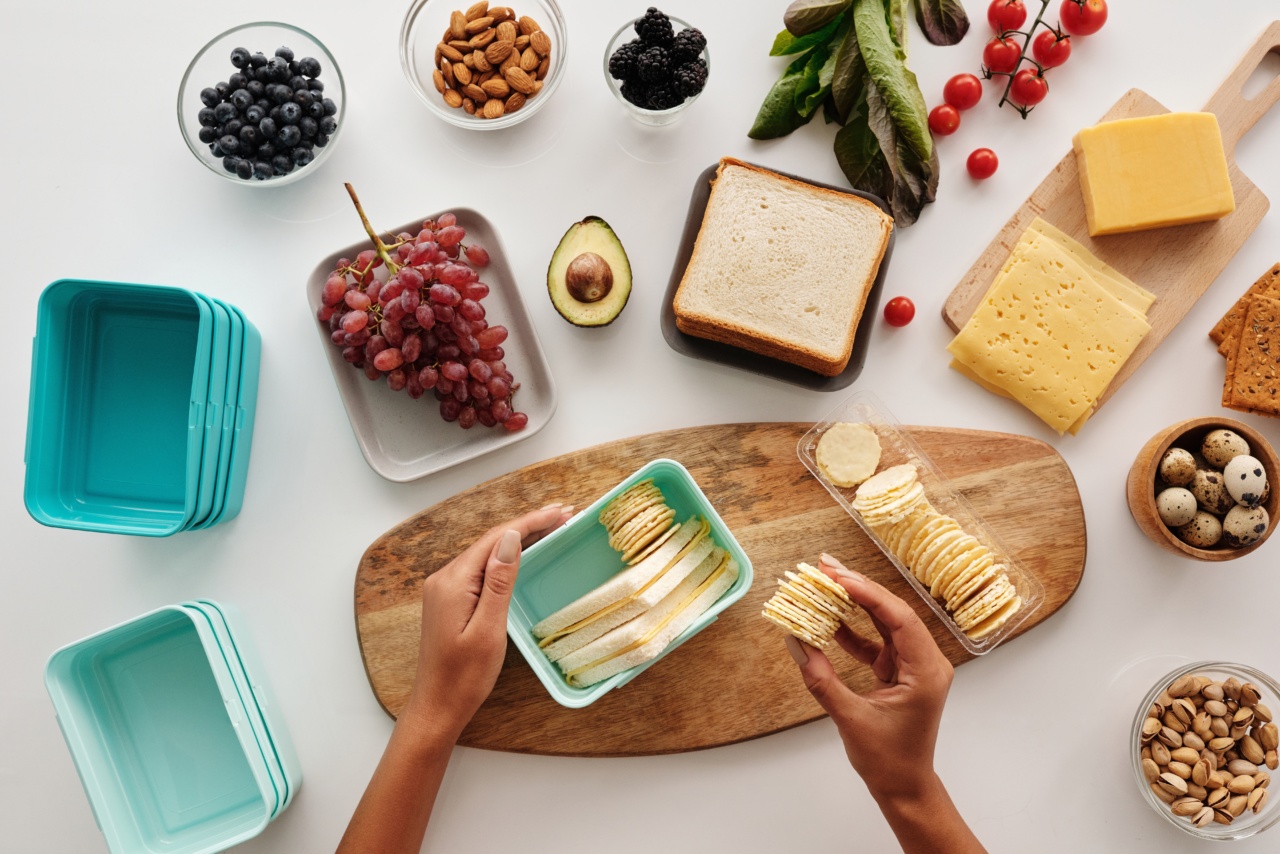We all know that healthy foods are good for us and are necessary for maintaining our health. However, there are some situations where these foods may turn harmful and cause more harm than good.
This article will discuss some of the situations in which healthy foods may become harmful and provide tips on how to avoid these situations.
Processed foods
Processed foods are foods that have been altered in some way. These foods may have added preservatives, colorings, and flavorings. Processing of food items destabilizes the natural nutrients present in them.
Often these alterations create an unhealthy product that can do more harm than good.
Fruit and vegetable juices
Fruit and vegetable juices can be a healthy option when it comes to drinking something refreshing while ensuring the intake of essential vitamins and minerals.
But often these drinks have a high concentration of sugar which can be harmful, for instance, if you have diabetes. Moreover, packaged juices often lose the nutrients and fiber from their raw state due to processing.
Low-fat foods
Low-fat food items are often marketed as a healthy option, but they can be harmful because they are often high in sugar, salt, and other additives.
Eating too many low-fat foods without an appropriate amount of healthy fats can cause health problems including heart diseases.
Canned foods
Canned foods have a long shelf life because they are preserved in airtight containers. The process of canning often reduces the nutritional value of the food item, and the high salt content is a concern for people with high blood pressure.
Adding Too Much Salt
Sodium is a mineral essential for our body in small quantities, but consuming too much sodium can lead to an array of problems. Adding too much salt to your food can lead to high blood pressure, stomach cancer, and renal diseases.
Taking in too much fiber
Fiber is an essential nutrient that helps in regulating our bowel movements, cholesterol levels, and blood sugars. However, consuming too much fiber can lead to intestinal issues such as constipation, bloating, and bowel obstruction.
Eating Foods Rich in Oxalates
Oxalates are naturally occurring substances found in many plant-based foods, including legumes, nuts, and vegetables.
While in limited amount the Oxalates serve their purpose, however, consuming too many foods that contain Oxalates can increased risk of kidney stones.
Undercooked sprouts and grains
Sprouts and grains such as quinoa and brown rice are touted as healthy options, but if they are not cooked enough, they can carry bacteria that can cause serious digestive problems.
Therefore, it is important to ensure that sprouts are cooked, and grains are cooked well before consumption.
Eating “fat-free” or “diet” foods
These foods usually contain lots of sugar or artificial sweeteners, which can cause weight gain, hypertension, and other health problems. Instead, experts recommend healthy portions of whole foods to maintain a healthy and balanced diet.
Frozen food items
Frozen meals may be convenient, but often they can be high in sodium, sugar, and other additives. Additionally, they don’t taste good nor are they fresh.
Practicing food habits like healthy meal planning and cooking can minimize the need for frozen meals.
Conclusion
Healthy foods are critical components of a healthy diet. However, when it comes to healthy foods, “too much of a good thing” may be bad for your health.
By making conscious decisions about what we eat, we can ensure that we get all the nutrients we need without exposing ourselves to unnecessary risk.






























